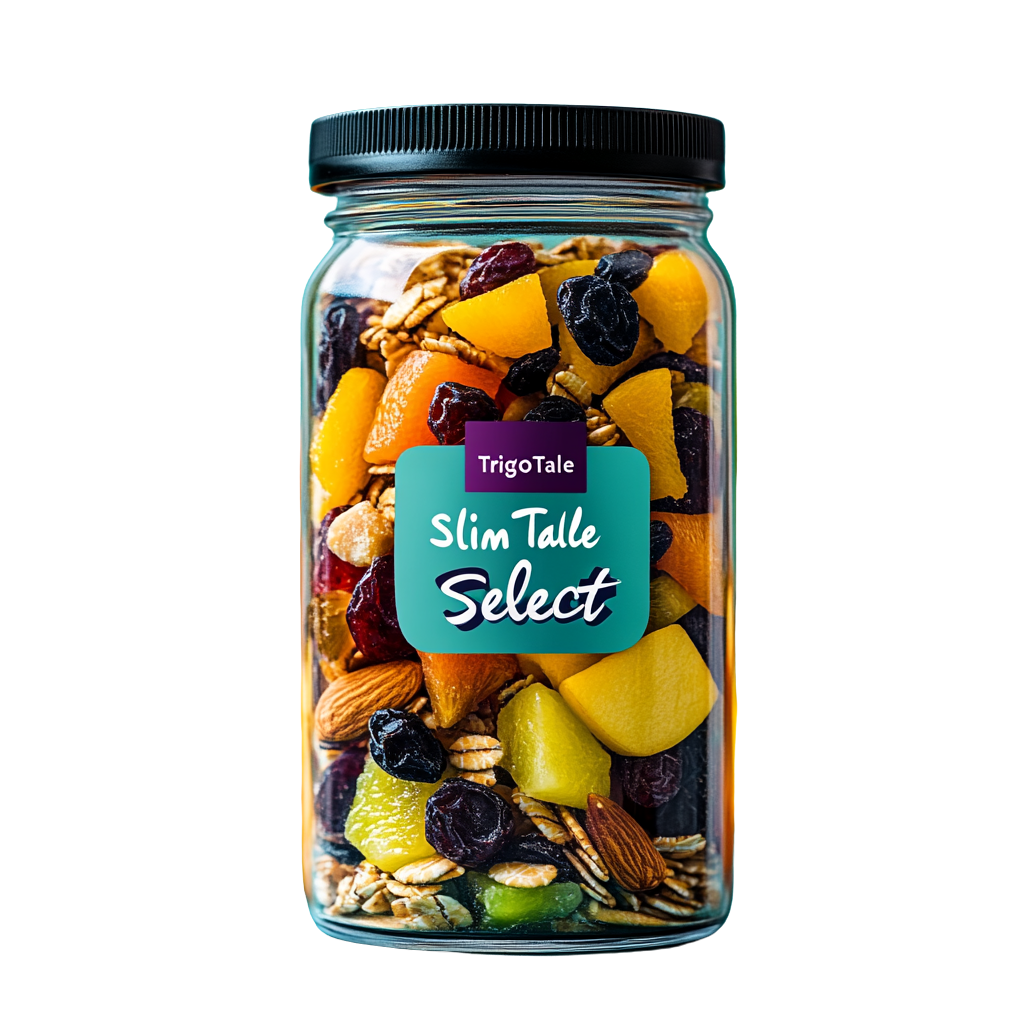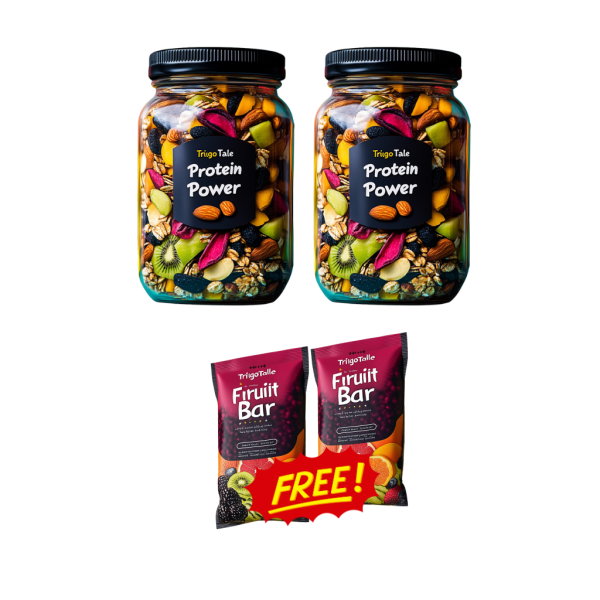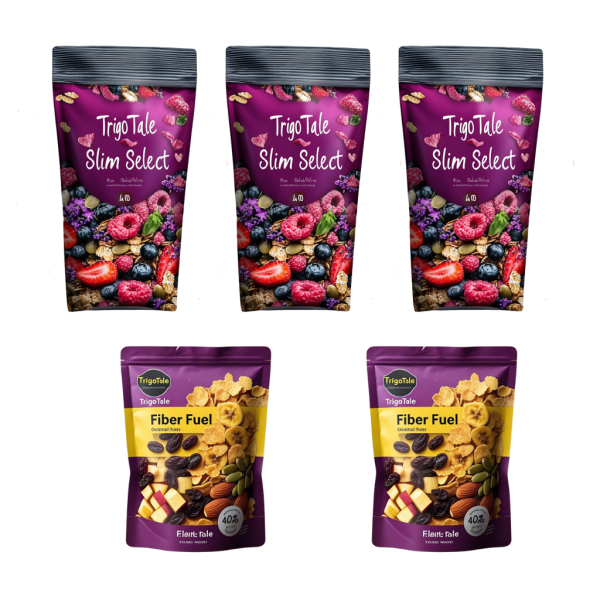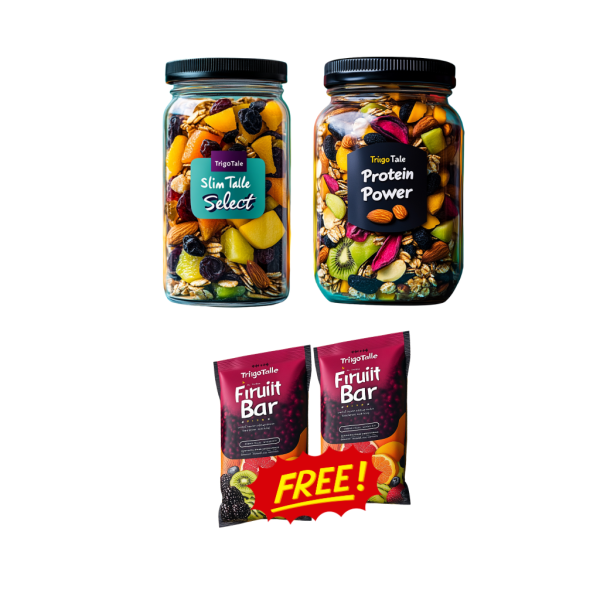Bran, particularly wheat bran, is a nutritional powerhouse that offers a wide array of health benefits when included in the human diet. As the outer layer of cereal grains, bran is rich in dietary fiber, essential vitamins, minerals, and potent antioxidants.
1. Exceptional Source of Dietary Fiber
Bran is one of the best natural sources of insoluble fiber. Just half a cup of wheat bran provides nearly 13 grams of dietary fiber-almost the entire daily value for adults. This high fiber content helps:
- Increase stool volume and frequency, relieving constipation and supporting regular bowel movements.
- Prevent and manage digestive issues such as irritable bowel syndrome (IBS) and diverticular disease.
- Act as a prebiotic, nourishing beneficial gut bacteria and supporting a healthy microbiome.
2. Supports Heart Health
Regular consumption of bran has been linked to a reduced risk of cardiovascular disease. Its fiber content helps lower total cholesterol and triglyceride levels without reducing the “good” HDL cholesterol. Bran also contains antioxidants like phenolic compounds, which may help prevent oxidative damage to blood vessels.
3. Promotes Healthy Weight Management
High-fiber foods like bran increase feelings of fullness, which can help control appetite and support healthy weight management. The low calorie and fat content of bran make it a smart addition to meals for those watching their weight.
4. Reduces the Risk of Certain Cancers
Numerous studies have linked bran intake, especially wheat bran, to a lower risk of colon cancer and possibly breast cancer. Bran’s fiber, lignans, and phytochemicals like phytic acid may help protect cells from oxidative stress and reduce the absorption of hormones linked to cancer development.
5. Rich in Essential Nutrients
Bran is a concentrated source of B vitamins (like thiamine, niacin, and vitamin B6), vitamin E, magnesium, iron, zinc, selenium, and manganese. These nutrients are vital for energy metabolism, immune function, and overall well-being.
6. Antioxidant and Anti-inflammatory Effects
Bran contains a variety of phytochemicals, including phenolic acids and alkylresorcinols, which have antioxidant and anti-inflammatory properties. These compounds help protect the body’s cells from damage and may play a role in reducing the risk of chronic diseases.
Conclusion
Including bran in your diet is a simple and effective way to boost fiber intake, support digestive and heart health, and provide your body with essential nutrients and antioxidants. Whether added to cereals, baked goods, or smoothies, bran is a versatile ingredient that can significantly enhance overall health.













